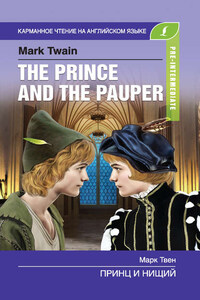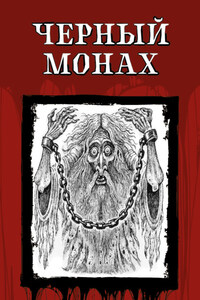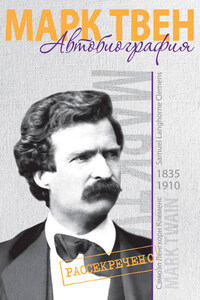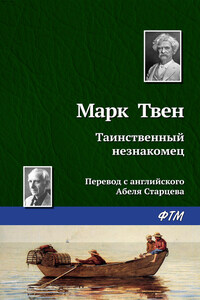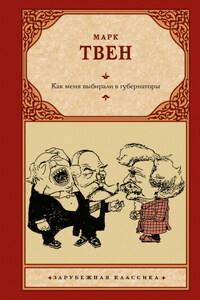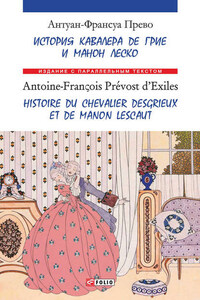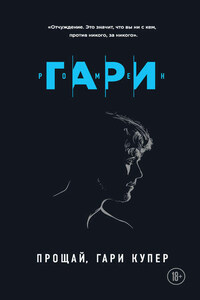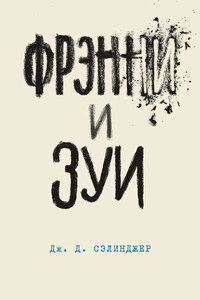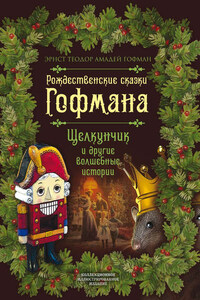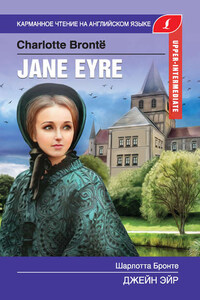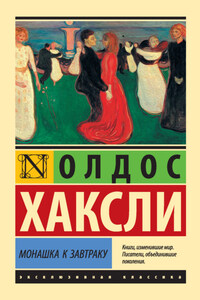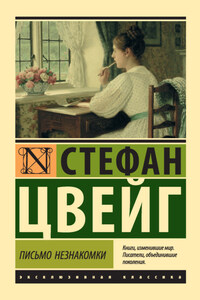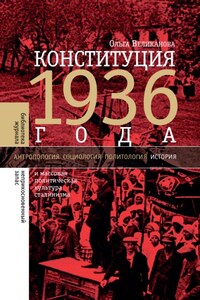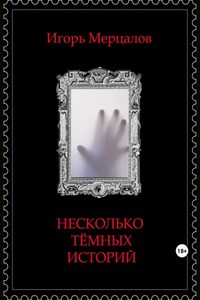In the old city of London, on an autumn day in the sixteenth century, a boy was born to a poor family of the name of Canty, who did not want him. On the same day another English child was born to a rich family of the name of Tudor, who wanted him. All England wanted him too. England had so wanted him, and hoped for him, that now the people were mad with joy. Everybody kissed each other and cried. Everybody took a holiday, and rich and poor ate and danced and sang for days and nights. There was no talk in all England but of the new baby, Edward Tudor, Prince of Wales[1]. But there was no talk about the other baby, Tom Canty, except among the family of paupers whom he had only brought more trouble.
London was an old and great town. It had a hundred thousand inhabitants—some think double as many. The streets were very narrow and dirty, especially in the part where Tom Canty lived, which was not far from London Bridge. The houses were of wood, with the second storey projecting over the first, and the third projecting over the second. The higher the houses grew, the broader they were. The windows were small, and they opened outward, like doors.
The house in which Tom’s father lived was in a dirty little place called Offal Court[2], near Pudding Lane. It was packed full of poor families. Canty’s family had a room on the third floor. The mother and father had a bed in the corner; but Tom, his grandmother, and his two sisters, Bet and Nan, slept on the floor on bags of dirty straw.
Bet and Nan were fifteen-year-old twins. They were kind girls, dirty, dressed in rags, and ignorant. Their mother was like them. But the father and the grandmother got drunk whenever they could; then they fought each other or anybody who came their way; they cursed and swore always. John Canty was a thief, and his mother a beggar. They made beggars of the children, but could not make thieves of them. Among those who lived in the house, was a good old priest, and he taught the children secretly. Father Andrew also taught Tom a little Latin, and how to read and write; and would have done the same with the girls, but they were afraid of their friends laughing at them.
All Offal Court was just like the Canties. Drinking and fighting were there every night. Broken heads were as common as hunger in that place. Yet little Tom was not unhappy. All the Offal Court boys lived like that and thought it was correct. When he came home empty-handed at night, he knew his father and grandmother would curse and beat him. In the night his mother would slip to him and give him something to eat.
So Tom’s life went along quite well. By day he begged, and by night he listened to Father Andrew’s tales and legends about giants and fairies, and kings and princes. His head was full of these wonderful things, and he dreamed of seeing a real prince, with his own eyes.
He often read the priest’s old books, and his dreams and reading worked some changes in him by-and-by. His dream-people were so fine that he wished to be clean and better dressed. He began to wash himself sometimes in the Thames.
By-and-by Tom’s reading and dreaming about princes’ life had such a strong effect on him that he began to ACT the prince, unconsciously. His speech and manners became ceremonious and courtly to everybody’s admiration and amusement. Tom’s influence among young people began to grow. He seemed to know so much! and he could do and say such marvellous things! and he was so wise! Now grown people brought their problems to Tom, and were often astonished at the wisdom of his decisions. In fact he was a hero to all who knew him except his own family who saw nothing in him.
